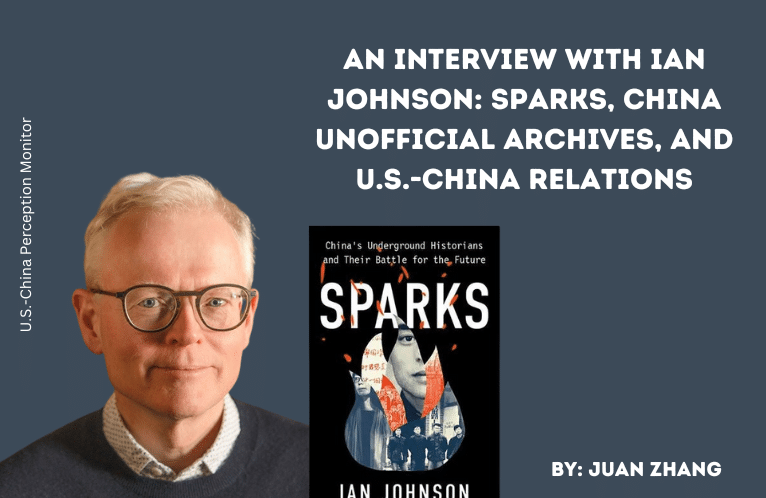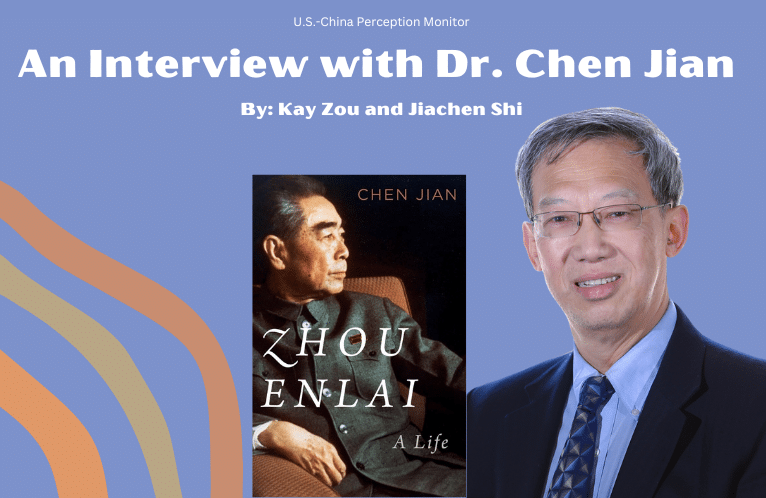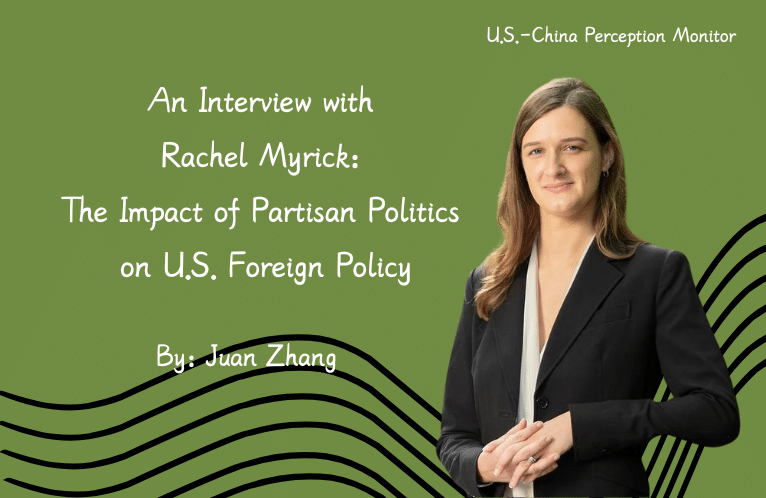When Will China Use Force to Reunite with Taiwan? Hu Xijin Explains His Position
Exclusive: Stuck In the Middle With You: Indonesia in US-China Relations
In previous articles, I have often name-dropped Indonesia as a country of particular concern in the Indo-Pacific region. In this case, Indonesia, for the reason of geography alone, has pushed itself to a major talking point in US-China relations.
Indonesia possesses a plethora of economic opportunities. Not only does the archipelago host the straits that are so crucial for international trade, but it is also home to a plethora of natural resources as well as the world’s fourth largest population. Such a key region cannot be ignored by the United States and China, and, most importantly, Indonesia realizes its key geopolitical position.
Indonesia is remarkable, as it shows that sometimes, being caught in the middle of two powers is not always the worst possible scenario. Unlike other members of the Association of Southeast Asian Nations, Indonesia, as opposed to the Philippines or Vietnam, has no claim to the South China Sea and has become a sort of nonparty on the issue, although Indonesian President Joko “Jokowi” Widodo has publically claimed that China’s “Nine-Dashed Line” has no basis in international law.

Although relations between China and Indonesia have tensed up during a March 20, 2016, seizure of a Chinese fishing crew off Indonesia’s Natuna Islands such seizures, according to The Diplomat’s Prashanth Parameswaran, are “nothing new.” In fact, Indonesia under Jokowi has pursued a strong stance against illegal fishing in Indonesia’s territorial waters and in the past has sunk illegal fishing vessels of the Philippines, Thailand, Vietnam, and even China. Indonesia further complicated its position by pushing hard against illegal Taiwanese fishing in its territorial waters.

What could be a precedent for future conflict is China claims the fishing vessel was sailing through “traditional Chinese fishing grounds” while at the same time not disputing Indonesia’s sovereignty over Natuna.
While the precedent set in the incident contains drastic repercussions, namely, that China could be extending its claim of “traditional fishing grounds” outside of the already controversial Nine-Dashed Line, it is unlikely that relations between China and Indonesia will lead to conflict, made more clear by China’s decision to join Indonesia as well as the United States, Russia, and others in Exercise Komodo 2016. In fact, Indonesia, unlike its ASEAN neighbors, has paid special attention to keep its relationship with the United States and China balanced. Jokowi has gone so far as to advocate Indonesia “taking advantage of rivalries between countries, such as China-US or China-Japan”. During a speech at a December 16, 2015, Indonesian Armed Forces leadership meeting in Cilangkap, Jokowi stated “Indonesia is in the center of those rivalries. What must we do? Take advantage as much as we can and use them for our national interest.”
In fact, it would seem that Indonesia’s grand strategy is directed toward internal development, a project that would need the investment of both the United States and China. Far from maritime issues leading to an Indonesian alienation of China, Indonesia is “relying on [Chinese] investors and state-owned companies to fund 70 percent of its infrastructure needs, and wants a third of that from the China-led Asian Infrastructure Investment Bank.”
Jokowi’s goals of development in Indonesia, however, will require a careful balance of foreign investment and domestic reform. As Jokowi hopes to make Indonesia a “global maritime fulcrum” his focus will be on “improving maritime connectivity” and will involve “building an integrated network of ports and tollways over the next few years”. However, the project will be difficult and costly as “building 24 ports alone will cost around $24 billion, and that local investors simply cannot finance them because of the large funding required”. Indonesia’s goals find a logical alternative in foreign investment; however that would require “some bold changes in the country’s regulatory environment, including streamlining permitting, harmonizing regulations, and curbing corruption.”

Jokowi’s vision for Indonesia is not impossible, as the geography, population, and natural resources of the country provide multiple opportunities for further investment. However, in order to ensure investor trust, it is important for Jokowi to ensure that Indonesia is a safe place to invest. Doing this includes alleviating the risks of investment in Indonesia, which is posed by challenges to the country’s sovereignty, regional conflict, and the economic status quo.
It would seem that some of Jokowi’s policies, including building a military base a short ways away from the South China Sea should not be seen as a means of a challenge against China but as a base of operations to ensure Indonesian sovereignty, not only against China but against historical adversaries, like Malaysia. Protecting sovereignty also accounts for Jokowi’s strong policy of sinking vessels that are found illegally fishing in Indonesia’s sovereign territory.
Another important step for Indonesia is to detract regional conflict. It seems somewhat counterintuitive for Indonesia to be asserting its sovereignty while at the same time attempting to offset conflict. However, Jakarta recognizes that conflict would be detrimental for Indonesia as it would scare off investors. In the past, I have offered a series of hypothetical situations in which the United States, with help from its regional allies, would close off the straits to Chinese trade. While I have specifically described these situations as being to China’s detriment, such events would also be greatly problematic for Indonesia.
Conflict in the South China Sea, therefore, would not be beneficial for Indonesia and would lead only to more difficulties for a country with high hopes on foreign investment. It is no surprise, therefore, that Jokowi has called for restraint on both the US and Chinese sides in the South China Sea conflict. Similarly, I believe that Indonesia’s military base near the South China Sea, is not to challenge China or the United States, but rather a means to assure an Indonesian presence in a region that may be afflicted by possible conflict. It would seem that Indonesia’s position is to, above all, insure Indonesia’s interests.
Finally, Jokowi’s toughest task is to make Indonesia attractive for foreign investment by pushing reforms in his country.
Jokowi’s intention is not to alienate Washington or Beijing, but rather to attract investment from both. This was clear as Jokowi joined the Chinese-led Asian Infrastructure Investment Bank as well as expressed his intention to join the Trans-Pacific Partnership.
During an October 2015 visit to Washington, Jokowi expressed his desires to see Indonesia join the Trans-Pacific Partnership. In order for Indonesia to join the TPP, the “country will have to undertake significant reforms to get there,” a challenge that Jokowi acknowledged when he declared that “Indonesia intended to free up its private sector from what he termed poorly-conceived policies, excessive permitting and licensing, and unnecessary protectionism, which had caused Indonesian companies to suffer for too long.”
“Ladies and gentlemen,” Jokowi declared, “it is time to free up our private sector.”
In the past, I have represented Indonesia as an important geographical point in US-China relations. However, Indonesia itself, far from the more lopsided relationships of its ASEAN neighbors in one way or another, has consistently sought to maintain a balance between the US and China in order to preserve its national interests and pursue its national goals.
By AARON WALAYAT Apr. 11, 2016 on USCNPM









